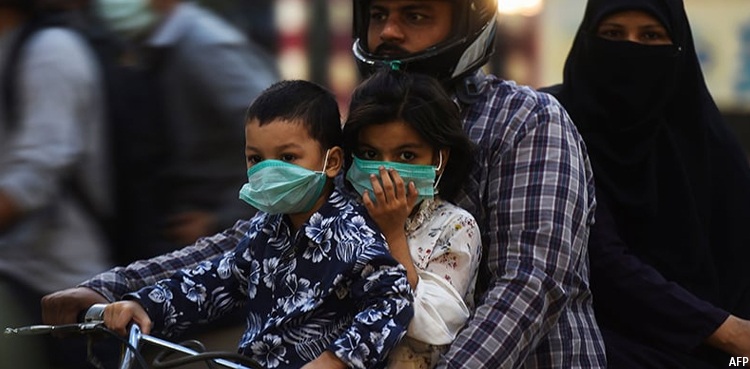Roughly one-third of people with COVID-19 have no symptoms, according to a review of data from more than 350 studies published through April 2021.
Asymptomatic infections were more common in children than in the elderly or in people without preexisting medical conditions, said Pratha Sah of Yale School of Public Health, who led the analysis published on Tuesday in PNAS.
Her team estimates that 46.7% of infected children have no symptoms, she said. “This is especially concerning because settings with close, extensive contact among large groups of younger individuals are particularly susceptible to superspreader events of COVID-19, which may go undetected” if school authorities only watch for symptoms.
Senior author Alison Galvani, also of the Yale School of Public Health, noted that asymptomatic individuals can still pass the virus to others, which makes mask wearing important as schools reopen.
Weight-loss surgery tied to better COVID-19 outcomes
Surgery for obesity may have a protective effect against poor outcomes from COVID-19, data from one New York City hospital suggest. Doctors there studied 620 patients with COVID-19, including 130 who had previously undergone so-called bariatric operations to treat their obesity, and a control group of 496 patients with obesity of similar age and gender who were eligible for these surgeries but had not undergone them.
Compared to the control group, the patients who had undergone the bariatric procedures – gastric bypass, gastric banding, or sleeve gastrectomy – were less likely to be hospitalized, less likely to need a mechanical ventilator for breathing, and less likely to die in the hospital, even though many of them were still obese. They were also released from hospital faster, and those who were admitted to the ICU spent fewer days there, according to a report published on Sunday in Surgery for Obesity and Related Diseases.
“Patients with obesity have been disproportionately impacted by COVID-19 with a higher risk of severe disease and death,” the authors pointed out. They added that while the study cannot prove that bariatric surgery caused better outcomes, the results suggest it might be “a protective factor against severe COVID-19 … in the high-risk population with obesity.”


Leave a Comment